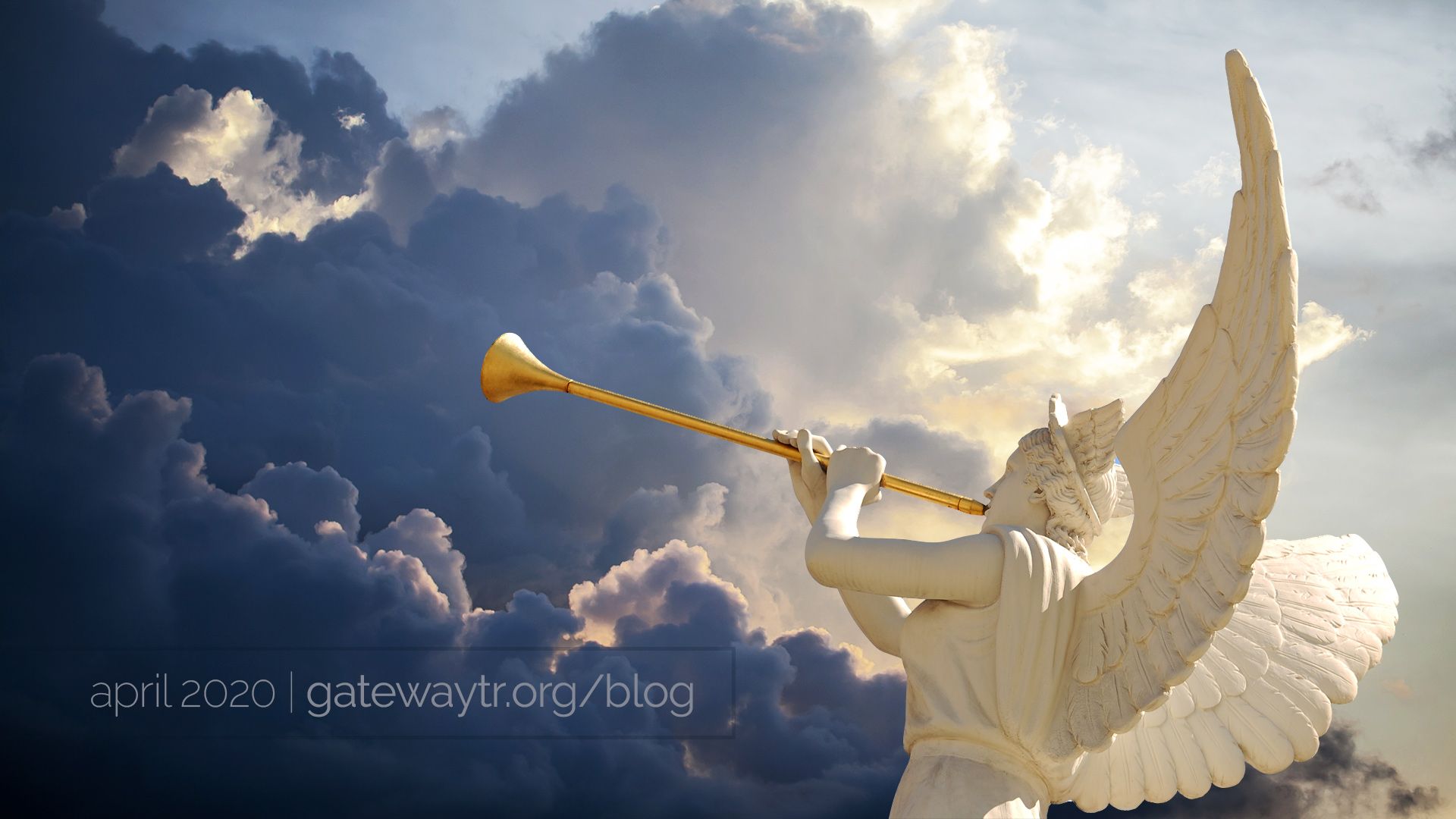Revelation 4–6 and Psalm 50: God Our Glorious Judge

The scene in Psalm 50 and Revelation 4–6 are mirror images.
Psalm 50 depicts God as the judge of all the earth, seated in glorious Zion, the temple mount. He summons all of heaven and earth to a great judgment. Only, this is not the judgment of the heaven and earth. This is a judgment against God’s own people, who swore a covenant with him but have broken it (cf. Exod 19:3–8).
He calls to the heavens above
and to the earth, that he may judge his people:
“Gather to me my faithful ones,
who made a covenant with me by sacrifice!”
The heavens declare his righteousness,
for God himself is judge! (Psa 50:4–6).
As the psalm unfolds, first, God judges his people who are continuing to sacrifice and keep the ritual laws but are also sinning against God (Psa 50:7–15). Their main problem was that they thought their ritual, despite their lack of obedience and true devotion, made them clean in his sight.
Next, God judges his people who are flagrantly breaking the law, who literally hate obedience (50:16–22). Their main problem was that they thought God was comfortable with their sin because he had “been silent” to that point (50:21). But now their judgment day has come.
The last two lines of the psalm summarize God’s call to genuine righteousness:
“To one who orders his way rightly
I will show the salvation of God!” (50:23).
By contrast, in Revelation 4–6 the scene is just the opposite. God is still the judge of all the earth. But the scene has moved from the temple mount to the heavenly Jerusalem, into the very throne room of God in heaven. Also, here the heaven and earth are not summoned to witness the judgment of God’s people. Instead, the Lord Jesus calls his apostle, John, to witness the judgment of the earth.
After this I looked, and behold, a door standing open in heaven! And the first voice, which I had heard speaking to me like a trumpet, said, “Come up here, and I will show you what must take place after this.” At once I was in the Spirit, and behold, a throne stood in heaven, with one seated on the throne (Rev 4:1–2).
The description of the throne room of the heavenly Jerusalem is reminiscent of the setting in Psalm 50, where the glory of God shines forth (Psa 50:2).
The magnificent scene in heaven, with the twenty-four elders and the four living creatures worshiping God and the Lamb may be the most lofty expression of worship in all of Scripture. Yet, this great scene is about the judgment of God. The scroll with the seven seals that only the Lamb is worthy to open are seven judgments upon the earth (Rev 5:2–3; 6:1ff.). And when they are unleashed, the people of the earth cry out,
“Fall on us and hide us from the face of him who is seated on the throne, and from the wrath of the Lamb, for the great day of their wrath has come, and who can stand?” (Rev 6:16–17).
In both Psalm 50 and in Revelation 6, therefore, those being judged never thought that “day” would come. But it did. And when we pray for Jesus to “come quickly,” we are praying not only for the deliverance of the righteous but also for the destruction of the wicked.
Both scenes should cause us to rejoice as believers in Christ that our Redeemer already judged our sins on the cross. We will not face God’s wrath, for Jesus bore if for us. However, God is still “the judge of all” (Heb 12:23). He will judge those who falsely call themselves his people, and he will judge those who grossly deny him. And both of these Scriptures should cause us to worship him in wonder and in fear, as we endeavor to “order our way rightly” (Psa 50:23).
